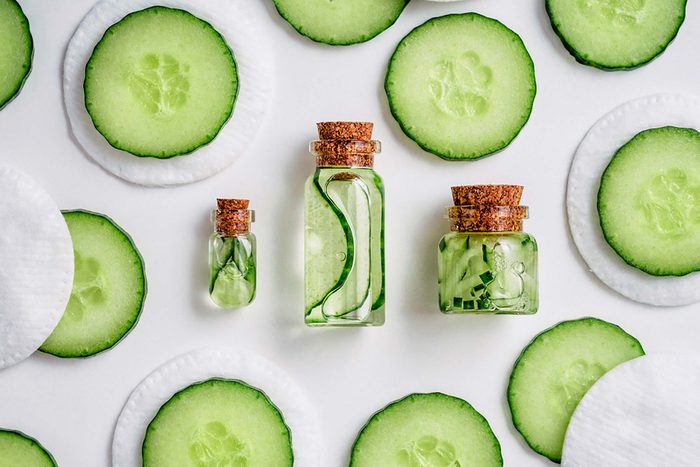
Cucumber calms the rash
It’s not exactly a day at the spa, but using cucumber slices is a simple poison ivy treatment. Either place slices of this cooling veggie on the affected area, or mash it up to make a cucumber “paste” that you apply to the rash for soothing relief, says Rebecca Baxt, MD, a board-certified dermatologist with BAXT CosMedical in Paramus, New Jersey. Check out these tips on how to identify poison ivy so you don’t get it in the first place.

Banana peel cools the itch
Rubbing the inside of a banana peel on poison ivy-affected skin is an old wives’ tale that may have some truth to it; the peel’s cooling qualities could provide itch relief. An application of watermelon rind is another poison ivy treatment some people swear by. Although there’s no science to back up these remedies, it may be worth a try.
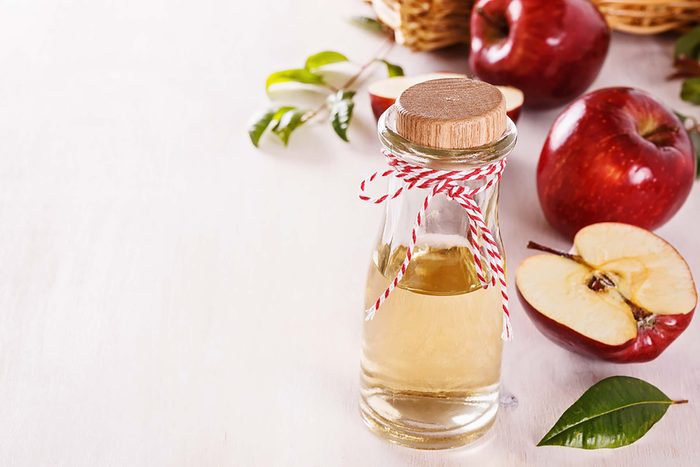
Apple cider vinegar kills the poison
With its many medicinal qualities, it’s no surprise that apple cider vinegar has also been shown to be an effective poison ivy treatment. Try soaking a brown paper bag in apple cider vinegar, then place the bag on the rash to draw out the toxins. “Apple cider vinegar has anti-inflammatory properties to soothe the rash,” explains Joshua Zeichner, MD, director of cosmetic and clinical research for the department of dermatology at Mount Sinai Hospital in New York City. Make sure you stop believing these myths about skin allergies.
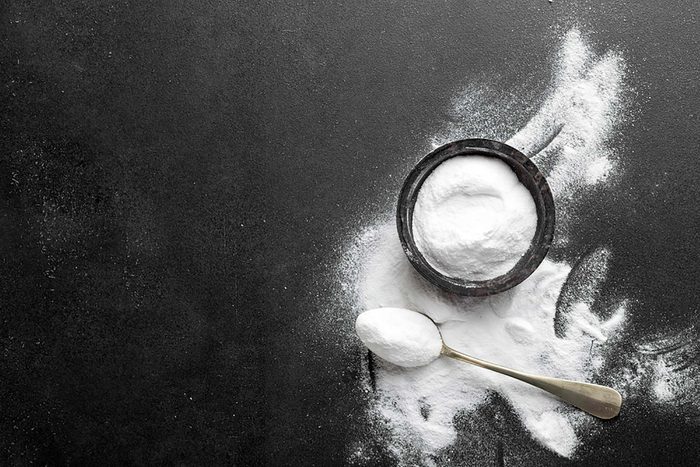
Baking soda speeds up recovery
“It might be soothing to put on a baking soda paste,” says Dr. Baxt. Just be warned: It could also be messy to get off. To make a treatment for poison ivy rash, especially one red with blisters, mix 3 teaspoons baking soda and 1 teaspoon water and apply the paste to the affected areas. When it dries, the baking soda will flake off. If the blisters are oozing, mix 2 teaspoons baking soda in 1 quart (or 1 liter) water and use it to saturate a few sterile gauze pads. Cover the blisters with the wet pads for 10 minutes, four times a day. Do not apply on or near your eyes. (A less potentially messy way to get relief: Soak in a cool bath with 1 cup of baking soda mixed in.)
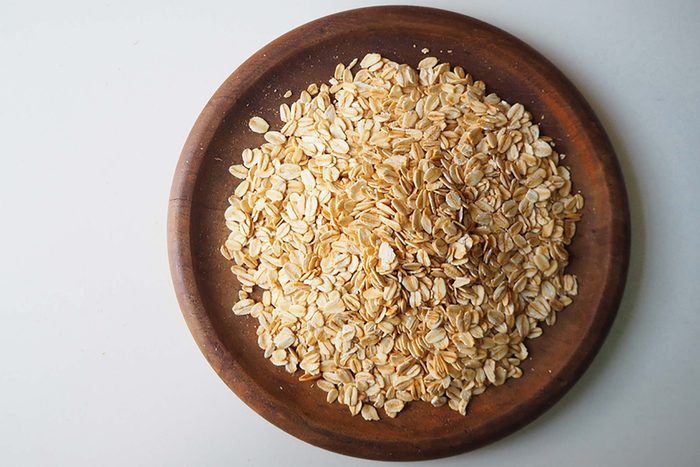
Oatmeal bath soothes the itch
A soak in an oatmeal bath is a classic poison ivy treatment, especially if your skin is red and inflamed, says Dr. Baxt. Grind 1 cup oatmeal in your blender until it’s a fine powder, then pour it into a piece of cheesecloth or the foot section of a clean, old nylon stocking. Knot the material, and tie it around the faucet of your bathtub so the bag is suspended under the running water. Fill the tub with lukewarm water and soak in it for 30 minutes. You may find that applying the oatmeal pouch directly to the rash gives you even more relief.
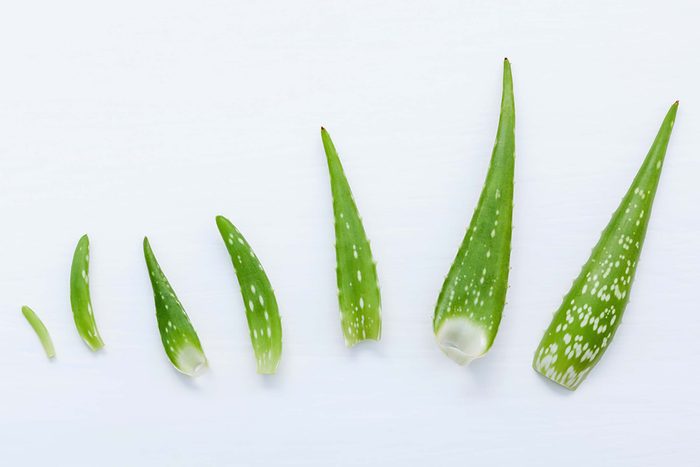
Aloe vera beats the burn
Just like it soothes a nasty sunburn, the gel from an aloe vera plant can work wonders on a poison ivy rash, Dr. Baxt says. Apply the gel directly to the skin from the leaf or use a store-bought product for a quicker treatment. Check out these nine tips on how to heal common summer skin problems.
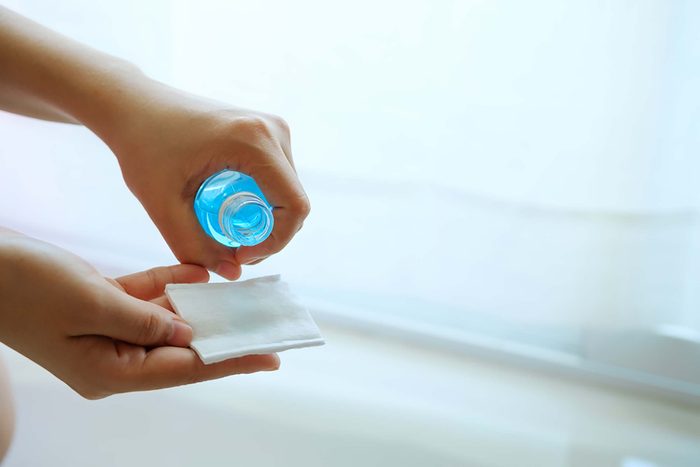
Rubbing alcohol prevents spreading
If you’re going to be in areas where there might be poison ivy, it’s a good idea to carry rubbing alcohol with you. Swiping it on your skin immediately after contact can slow down and minimize the discomfort by preventing urushiol, the chemical responsible for the rash, from fully penetrating your skin. “The quicker and more fully it is removed, the less robust overreaction you will develop,” says Dr. Zeichner.
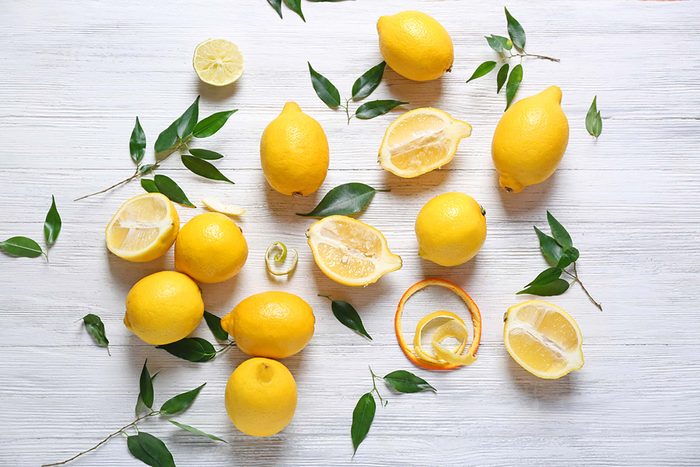
Lemon juice eliminates oil
Some people swear by lemon juice, a natural astringent, as a poison ivy treatment. That’s probably because lemon juice is rich in vitamin C, which offers antioxidant and anti-inflammatory benefits for the skin, according to Dr. Zeichner. Apply it soon after contact with the irritating leaf, before the plant’s oil has time to fully get into your skin. And stay out of the sun; exposure could cause a skin reaction.
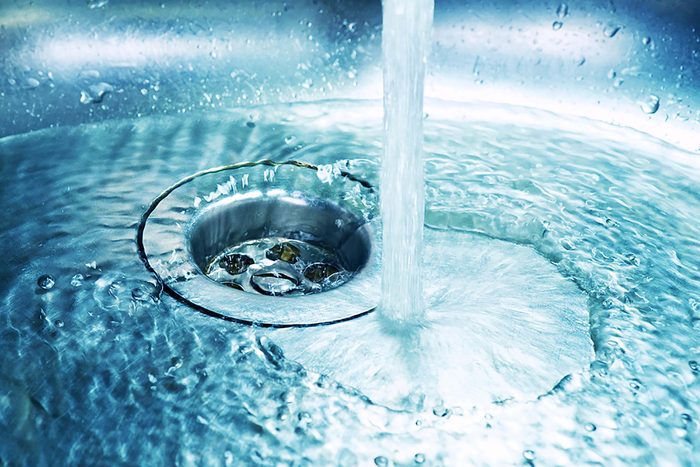
Running water lessens severity
“The thing to do if you know you’ve been exposed to poison ivy is to go shower and try to scrub it off very quickly,” says Dr. Baxt. Washing the affected body parts in cool running water (and soap if it’s handy) immediately after contact can help minimize the size and severity of the developing rash. Avoid hot water, which can irritate the skin.
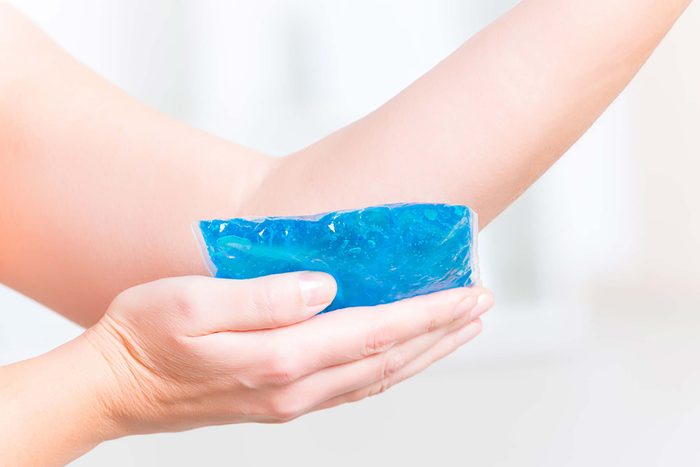
Cold compresses reduce rash
Apply cold compresses whenever the rash acts up, to tame the itchiness and prevent you from scratching, says Dr. Baxt. Just remember, sharp nails can open blisters to infection. Witch hazel can have a similar rash-reduction effect; soak a cotton ball and pat it on. These are five poison ivy remedies you have at home.
